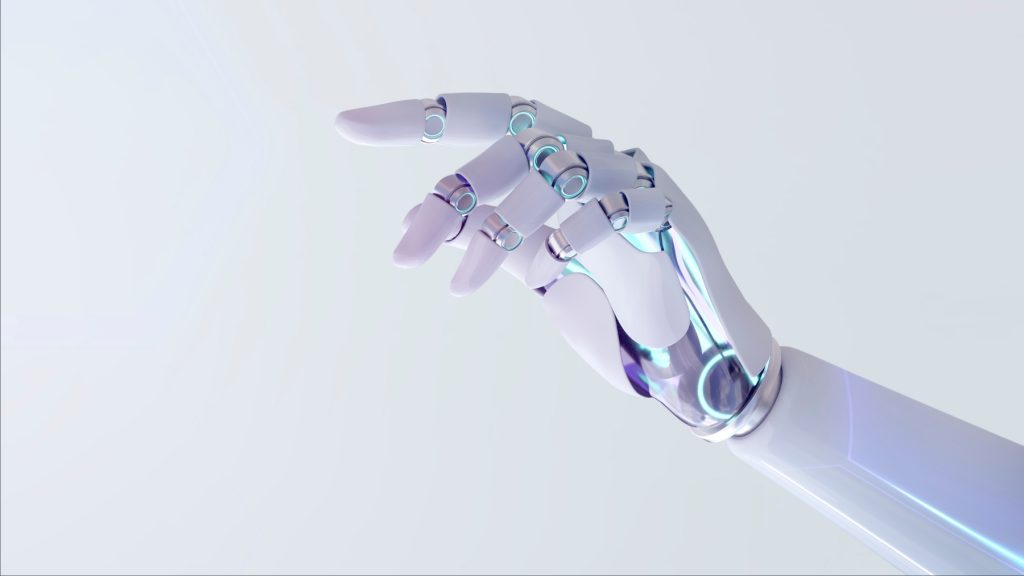
An AI arm has given Sarah de Lagarde, a mother who lost hers in an accident, the possibility to perform the daily tasks again.
NYT’s De Lagarde Story
Reported by The New York Times, it all began with Sarah de Lagarde, a corporate affair executive and a mother who lost her arm when she slipped and fell near the train.
For Sarah, this new technology really changed her life in such a positive way, as she no longer felt the absence of a part of her body. This arm has AI software that can predict her movements to assist her in performing her daily tasks more easily.
Speaking of tasks, the AI arm can track the muscle movement and send signals to the hand, allowing it to do several things, such as to make coffee, style the hair, or cuddle, giving the person a feeling of normalcy.
Hope with Challenges
It is worth mentioning that despite the positive impact of the AI-powered arm on her overall life, Lagarde faces several challenges. For instance, it becomes uncomfortable and sweaty in hot weather and requires charging at least once a day. The machine’s heavy weight causes back and shoulder pain, as well as the prosthetic lacks tactile feedback, preventing her from feeling what she touches.
With nowadays AI integration into our healthcare system, and despite some experts raising concerns about the risks, Blair Lock, founder of Coapt had other plans. Coapt developed the machine learning software in de Lagarde’s arm, the benefits of AI in assistive technologies are significant, stating, “when we get the opportunity to show people AI that is truly assistive for helping somebody, that’s positive.”
The development of de Lagarde’s AI arm took months, as the process required taking a cast of her remaining limb and training the software. Electrodes were attached to the end of the limb. After that, the woman was asked to turn the door handle or pinch her fingers, given that was kind of necessary data to teach the prosthetic how to respond to her intended actions and gestures.
Final Thoughts
It is true that this technology is a great advancement in the field of prosthetics, as it gives people with disabilities hope to be able to live their lives normally as much as possible, but this AI arm can cost around $190,000. But the million-dollar question remains, will this kind of technology be a ‘one for all’ kind of case, or is it mainly designed for people who are financially well-off?
Inside Telecom provides you with an extensive list of content covering all aspects of the tech industry. Keep an eye on our Intelligent Tech sections to stay informed and up-to-date with our daily articles.